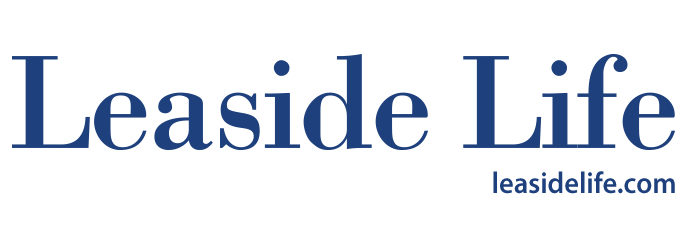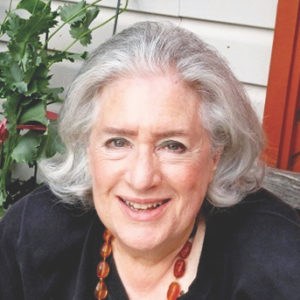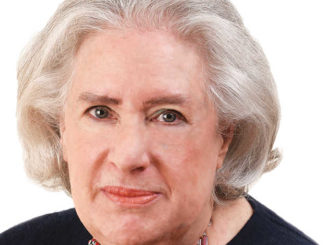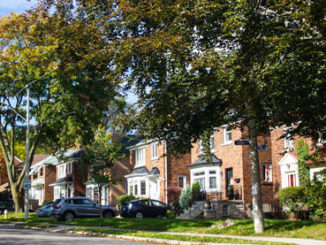The Toronto District School Board has recently posted an open bid to the public to refurbish the tennis courts of certain schools, among them Rolph Road Public School.
Did you know?
A private company, Wilmington Tennis, is putting in a bid to create a tennis club there, on the east side of the schoolyard. It proposes to improve the tennis court and establish a clubhouse. They say it would not be a ‘classical tennis club’ which charges memberships, but people would have to pay a fee to book playing time in advance. Free play would only be allowed when there are no scheduling conflicts.
School boards are short of funds, and proposals like this one must be very tempting.
However, many issues arise. Outside of school hours, schoolyards revert to being property of the city, not the board. What are the legalities and implications of – in effect – privatizing use of the school’s tennis court?
Given the shortage and desirability of court time in Leaside and at other tennis clubs, it is reasonable to wonder if this could mean preventing Rolph Road School children from using the courts even during school hours, if the courts have been pre-booked by other players currently on a waiting list elsewhere.
The Rolph Road schoolyard has already been reduced in size by recent construction and portables. The very busy daycare at the school also has its own exclusive playing area. At press time, we have no information regarding how much Wilmington’s refurbishment of the tennis court, let alone building a club house, would further reduce available recreation space for both students and the community at large such as Little League baseball, soccer, and other sports activities.
How would having to pre-book playing time affect Leaside residents who spontaneously may want to have a casual game of tennis? On weekends and evenings, Rolph’s tennis court is currently open to all, for free.
Who would get preference in booking court times? Local residents? People from other parts of the city?
What would the fee be, to pre-book playing time? Who oversees the scheduling?
How much money would the TDSB be making from the Wilmington proposal?
According to Wilmington, at this time, there is no discussion about winterized bubbles such as the one at Central Tech Collegiate Institute (you may recall the significant neighbourhood pushback it has received), but the proposal still raises questions that thus far have not been answered.
Before the TDSB makes a decision, we need answers: first, on the principle of private versus public use of school yards/city property; second, on the actual revenue benefits and disbenefits; and third, on both the immediate and long-term impact on recreational use by Rolph Road School students and all Leasiders.
How do the Rolph Road home and school people feel about this proposal? What is the opinion of the community at large?
Surely the community should be part of the process before the TDSB makes a decision.
Put this date into your calendars! The LPOA’s Annual General Meeting takes place on Tuesday, Nov. 25, in the William Lea Room of Leaside Gardens, at 7:30 p.m. In municipal election years such as this one, we traditionally invite the elected councillor for Ward 26 as our speaker. Be sure to join us.




